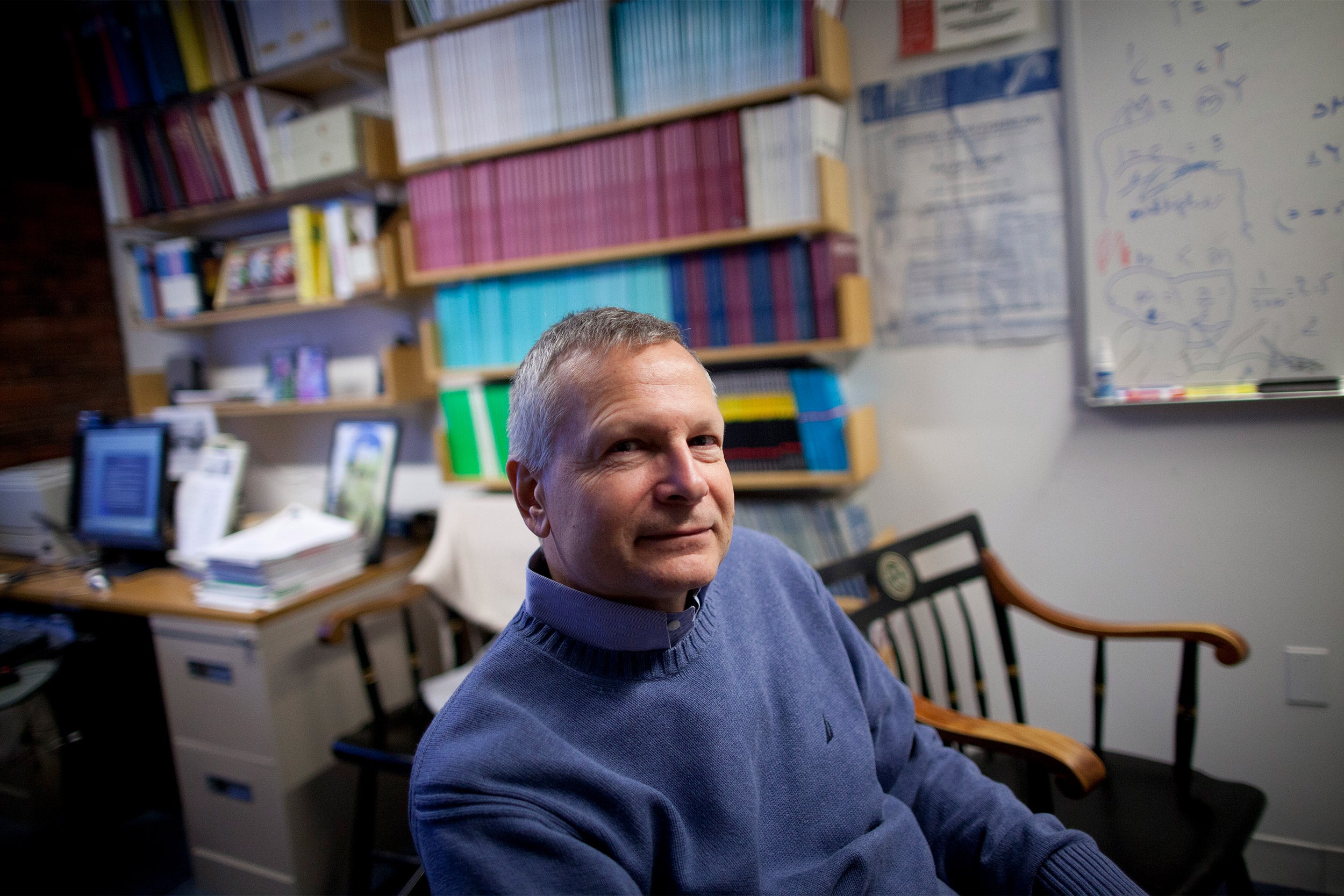Not to change the topic here:
Team of Economists Calls Out Flawed Methods Applied to Justify MATS Rollbacks

After the US Environmental Protection Agency (EPA) revised its assessment of a rule that limits mercury emissions and other pollutants from power plants, RFF Senior Fellow Karen Palmer and other economists convened as an independent review committee and released their own findings. In this Q&A, Palmer shares why she and the group of researchers banded together to offer their own analysis, and how EPA's new assessment downplays significant positive aspects of the rule.
How 'long economic waves' could save capitalism - The Washington Post

Unlike normal business cycles, which lasted about a decade, Kondratieff's long waves typically spanned 50 to 60 years. Initially, investment capital flows into new technologies. That's the up cycle; the down cycle occurs when surplus production reduces prices and raises unemployment. Markets are saturated.
If you Google "Kondratieff cycles," you get a concise history of the theory. It's argued that we've passed through five "long waves" since the late 1700s. Here is a brief list , with my rough estimates of the year the cycle's upswing reached its peak: (1) the invention of the steam engine and advances in textile manufacturing (1817); (2) railroads and steelmaking (1870); (3) electricity (1920); (4) automobiles and petrochemicals (1975); (5) information technology (now).
Chinese Consumers Add Fuel to Factory-Led Economic Recovery - WSJ
BEIJING—China's factory-led recovery enjoyed an extra boost last month as Chinese consumers stepped up to make big-ticket purchases, pushing up home prices and auto-sales numbers and prompting economists to increase their growth outlook for the world's second-largest economy.
In case you are keeping track:
Ripple effects of downturn show pandemic's early economic toll was just the beginning - The

John Dillivan would normally be breaking in new employees at this time of year, preparing for western Michigan's summer tourist rush. Instead, for the first time in the 31 years he and his wife, Sue, have owned Pekadill's, a sandwich shop in Whitehall, Mich., he has no new waitresses or counter help to train.
At the neat white clapboard restaurant two blocks from White Lake, business is down about 20 percent. If the situation doesn't improve, Dillivan worries he may be forced to abandon year-round operations and put Pekadill's into hibernation this winter.
Murray Energy bankruptcy still casts shadow on coal's economic viability | Energy News Network

New developments suggest Murray Energy's bankruptcy case could soon wrap up, but they don't resolve questions about how long coal can hang onto its shrinking market share in the face of competition from natural gas and renewables.
Nonetheless, some issues remain. On June 5 the U.S. government and attorneys for various state agencies gave notice that they wouldn't be bound by that plan's releases anyway. Unless those issues are resolved, the upshot could be a huge environmental liability for the reorganized business.
Economist Dani Rodrik wins Asturias Award for Social Sciences – Harvard Gazette

Dani Rodrik , the Ford Foundation Professor of International Political Economy at the Kennedy School of Government, has been bestowed the 2020 Princess of Asturias Award for Social Sciences.
The jury awarded the honor to Rodrik, one of the world's leading experts in political economy, trade, and globalization, for his work that has "led economic analysis and political economy to a territory closer to reality," and has made international economy "compatible with peace, as well as with the reduction of poverty and inequality."
Moody moment - India avoids junk status | Finance & economics | The Economist

L ARGE AND leaky, India's lockdown became "localised" this week. In the parts of the country hit hardest by covid-19, restrictions remain. Elsewhere, they have been largely relaxed. People can visit places of worship, but cannot touch idols. They can go outside to shopping malls, but not the gaming arcades or cinemas inside. In Punjab, mall-goers can buy clothes but cannot try them on first.
The lockdown, which began on March 25th, has failed to stop the virus—the caseload continues to grow alarmingly. But it has succeeded in halting the economy. The number of people in work fell to 282m in April, compared with an average of over 400m last year, reckons the Centre for Monitoring Indian Economy ( CMIE ), a research firm, which asks people if they were employed that day (unlike the official data, which ask if people were employed at any time that week).

No comments:
Post a Comment